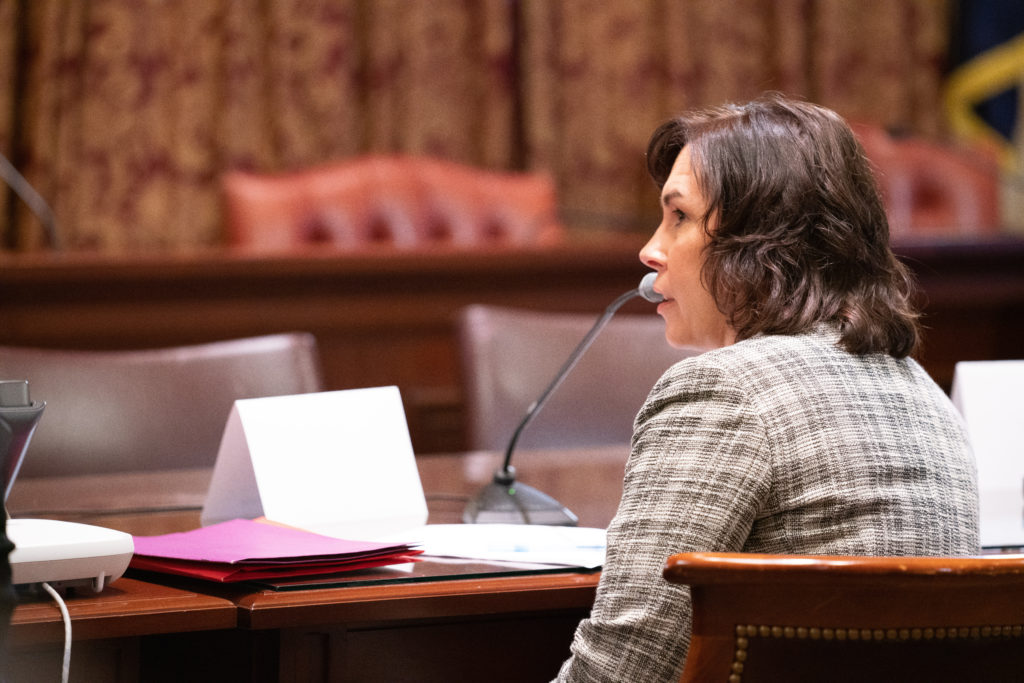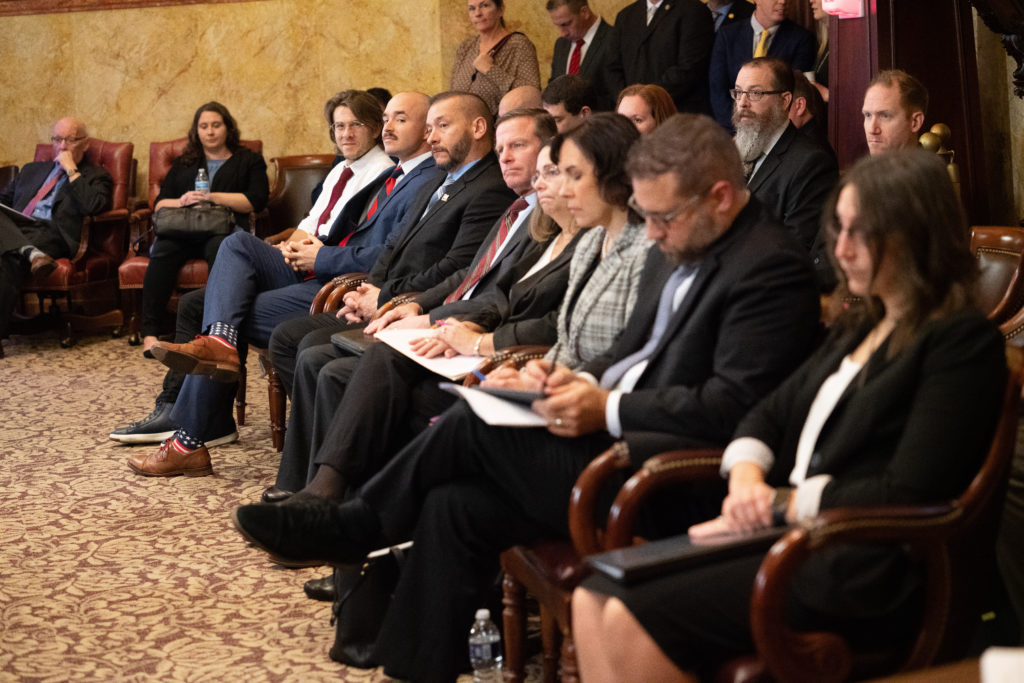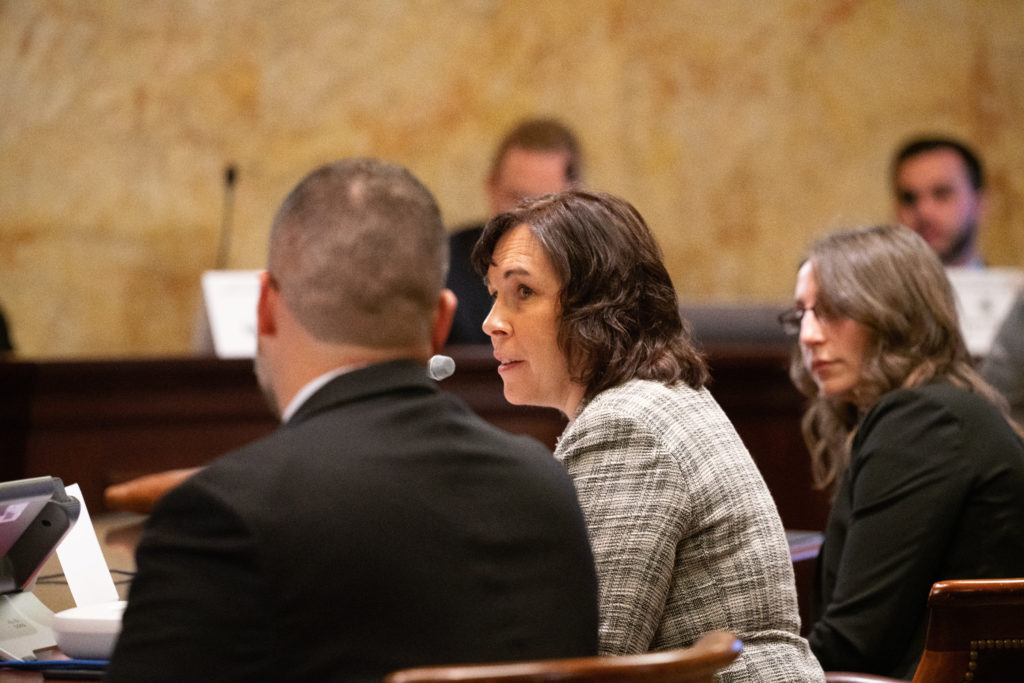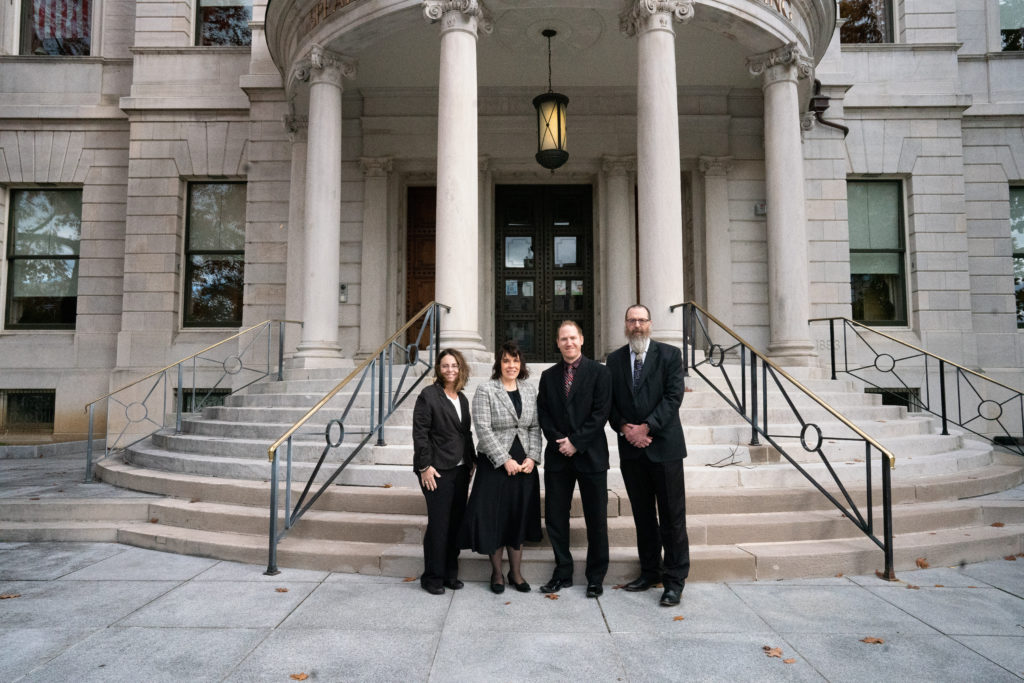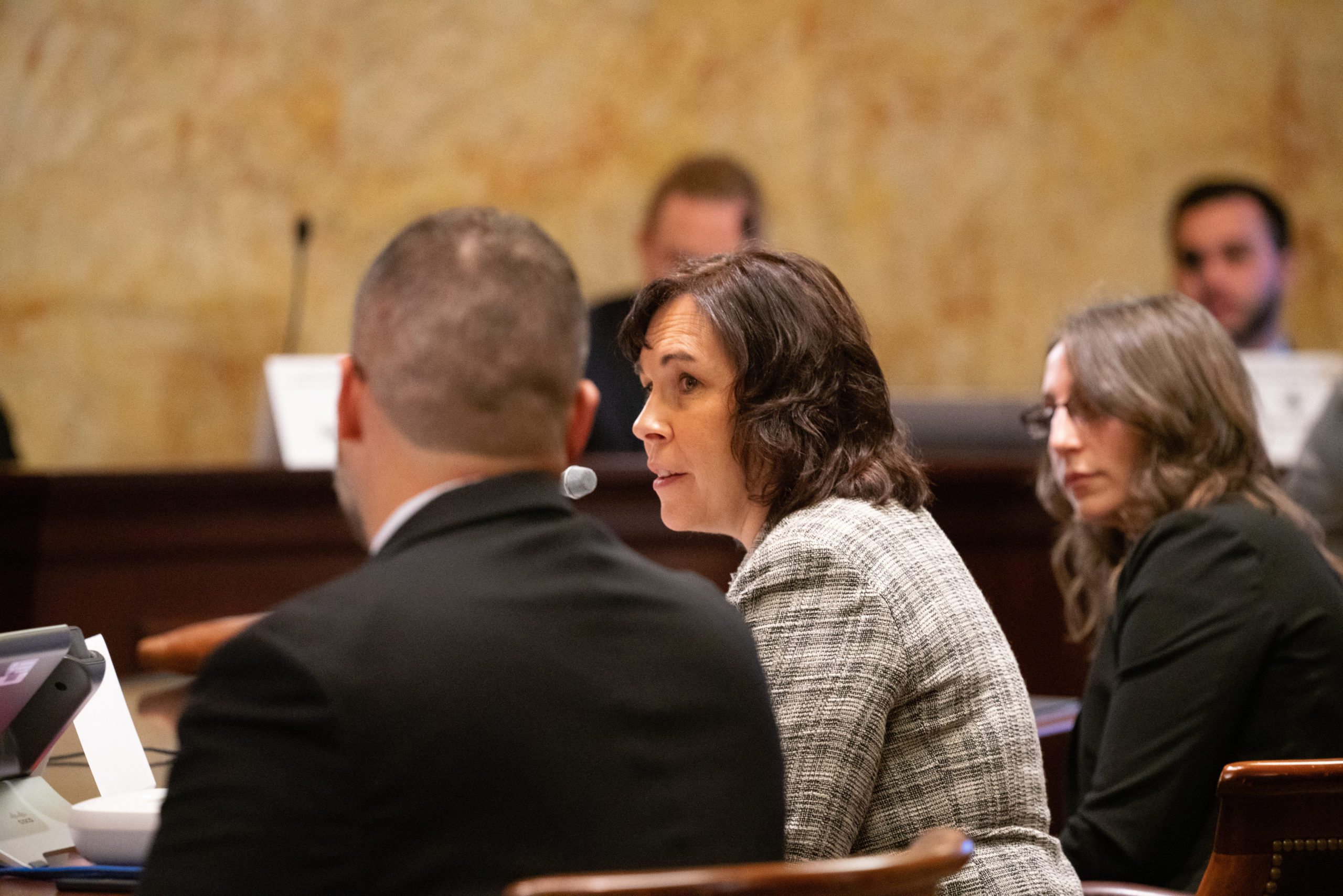Cheri Gensel, a social studies teacher from North Pocono, Pennsylvania, took an entire day off from work last November so she could travel to the state Capitol to testify about her experiences with the state teachers union. She thought she might get some tough questions from Democratic lawmakers, but instead they staged a walk-out and refused to listen to her.
In a later op-ed, Cheri wrote:
I hope they are listening now when I say that I believe unions should be accountable to their members and I would like teachers unions to be less political, and more focused on making our schools a better place for teachers and students.
The Pennsylvania House Labor and Industry Committee eventually passed four of the bills that were discussed by the committee that day. The bills would: Keep public employees’ personal information private; let employees see full contracts before they’re voted on; require employers to tell public employees they have the right to choose whether or not to join or pay a union; and stop public employers from using public funds to collect political donations for the unions.
While Gensel testified in person, three other public employees attended the public hearing to lend support. A total of eight public employees submitted testimony in advance of the hearing.
At the hearing, the Republican lawmakers who did stay to listen were moved by Gensel’s stories about how the Pennsylvania State Education Association (PSEA) tried to get her to change her political affiliation so she could vote for a favored Democratic candidate in a primary election. Letters sent from PSEA also disparaged her party affiliation, insinuating that being a registered Republican made her a bad teacher.
“Teaching is my passion, it’s my life, I call it a privilege and I do not take lightly,” she said. “However, my values and world views do not always align with those of the Pennsylvania State Education Association, the PSEA, or those of the National Education Association, the NEA. But when you become a teacher, it is expected that you become part of the union.”
Gensel also explained how union officials went classroom to classroom during the school day to try to pressure teachers into making donations to the PSEA Political Action Committee (PAC).
Committee member David Rowe (R-Snyder), who sponsored two of the bills being discussed at the hearing, told Gensel that she was “not alone” in her desire to push back on the unions and praised her for wanting to be a “teacher, not a political puppet.” He said he has heard from many teachers who feel the same way.
At the close of the hearing, Committee Chairman Jim Cox (R-Berks) praised Gensel for speaking out.
“The concept of being able to associate or disassociate [with an organization] is something that is intrinsically very American, so I appreciate those who are willing to stand up for the little guy, if you will, and to provide those options,” he said. “It’s important that we give everyone a voice.”
